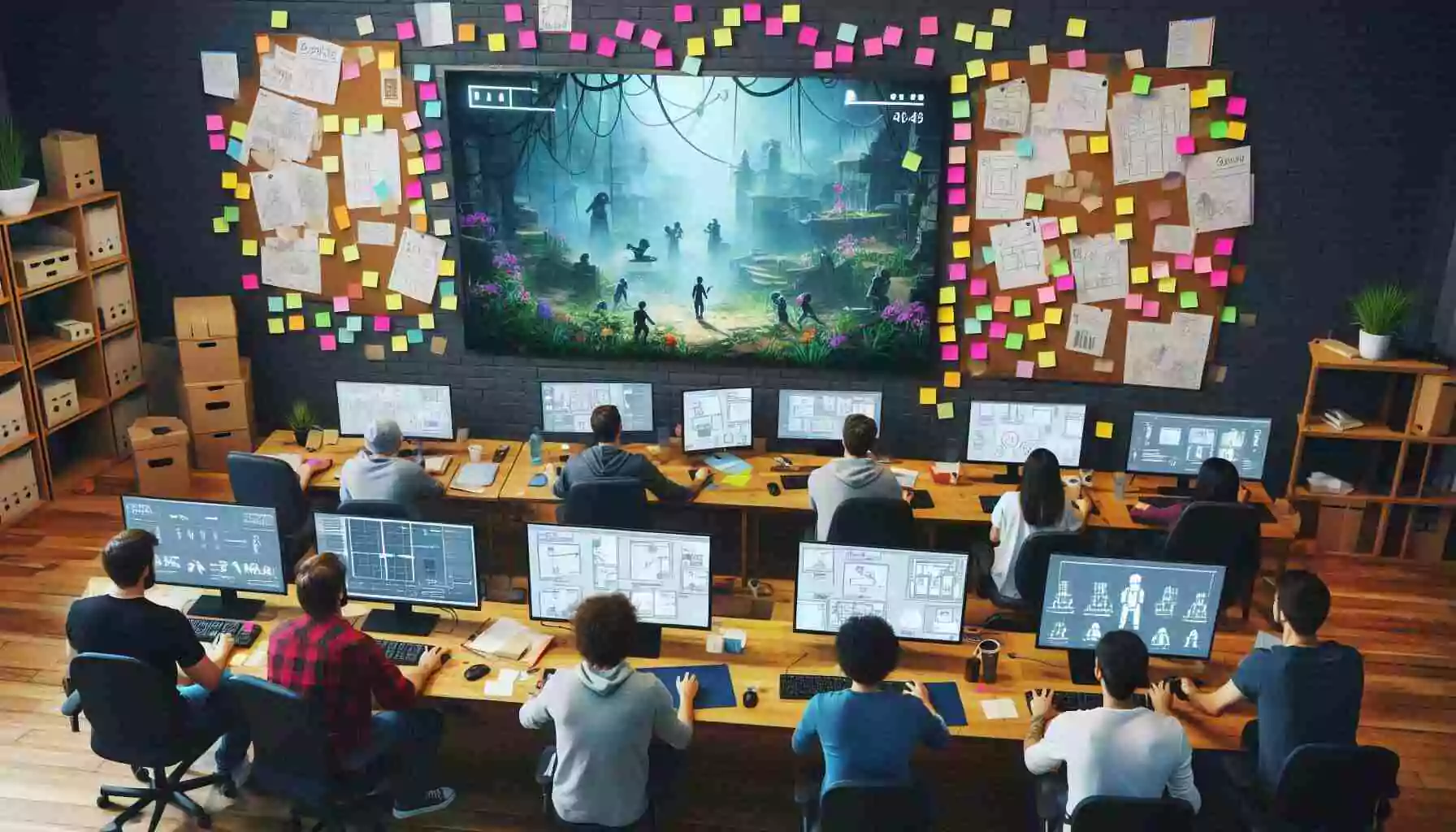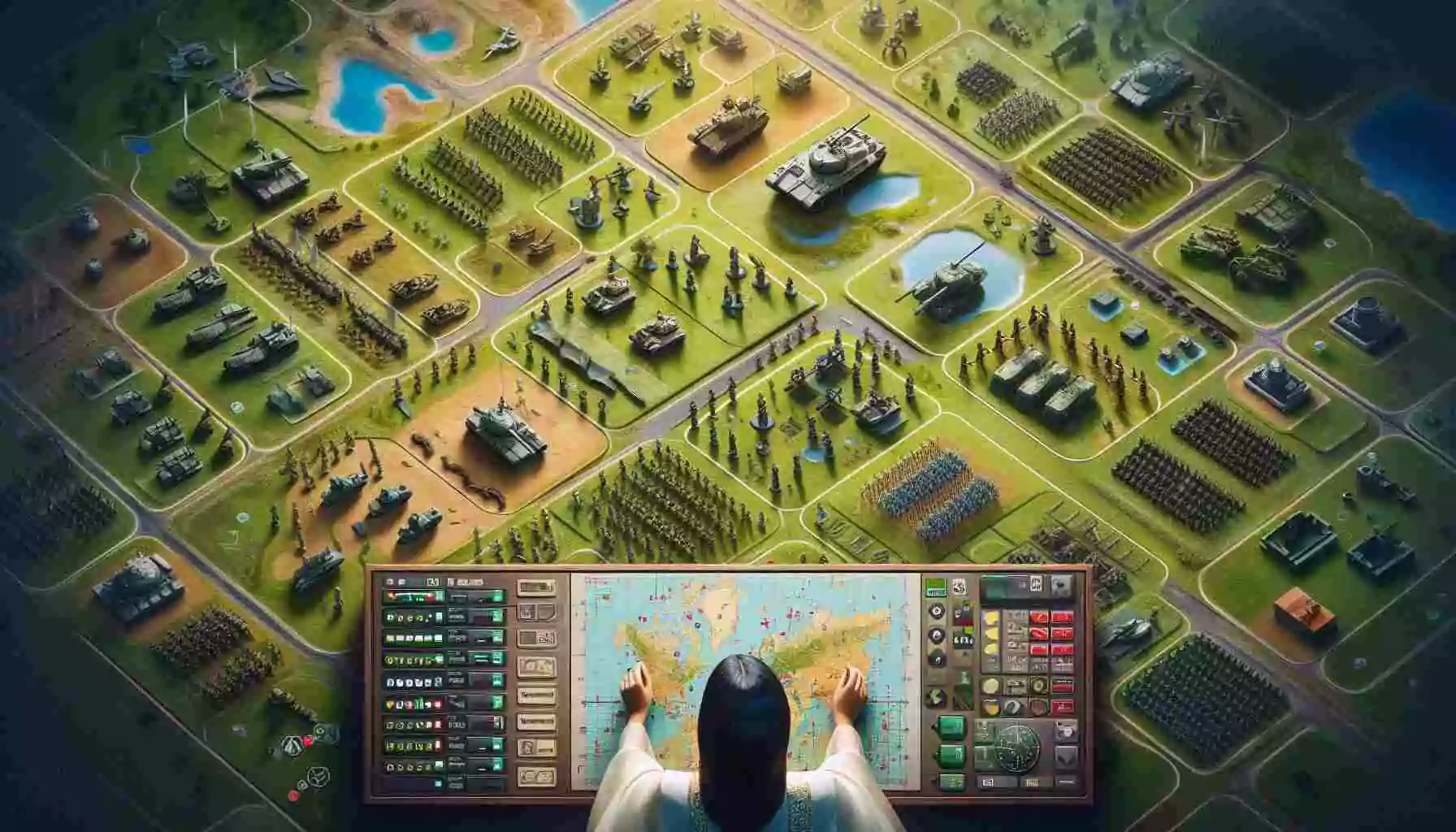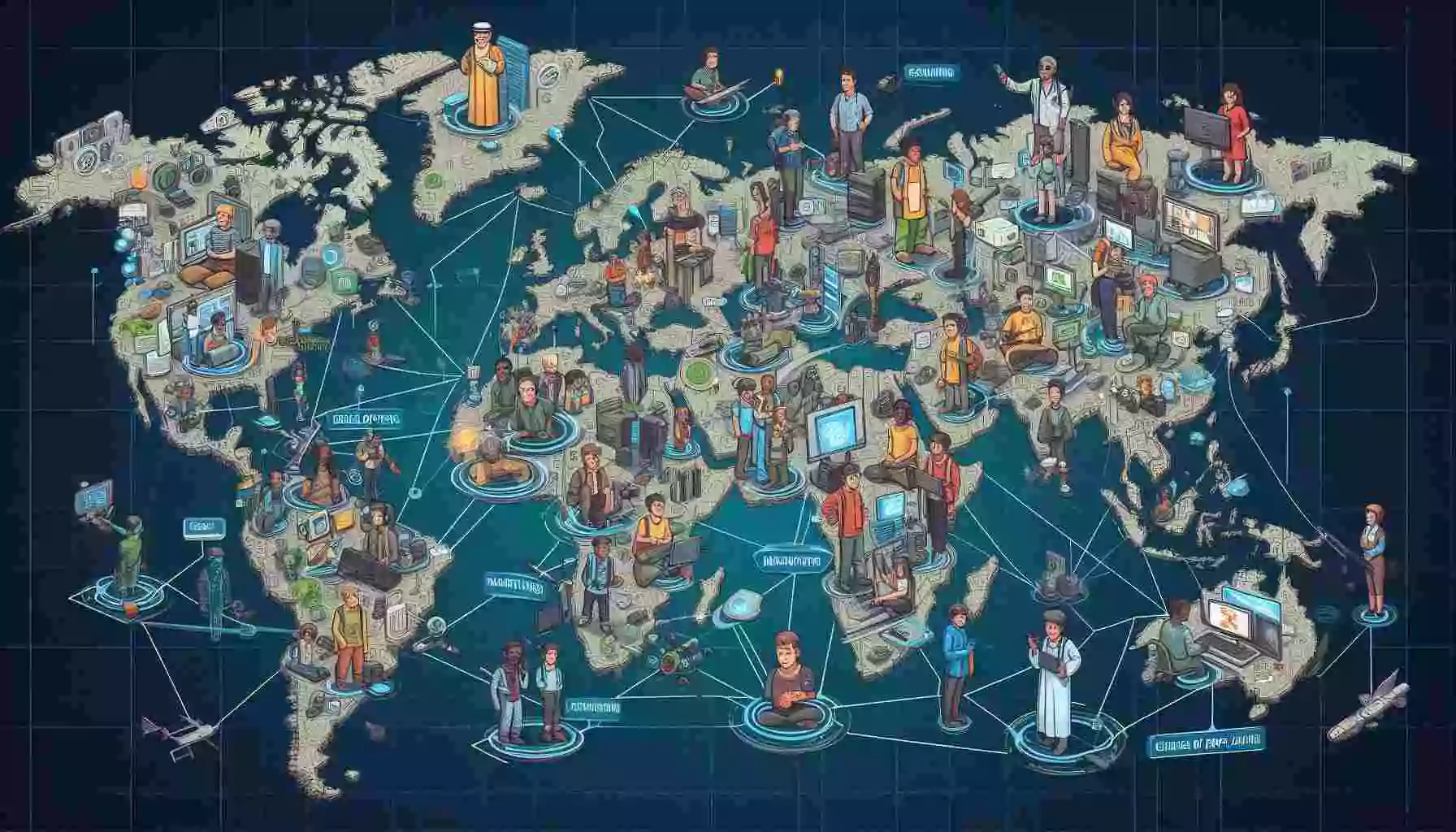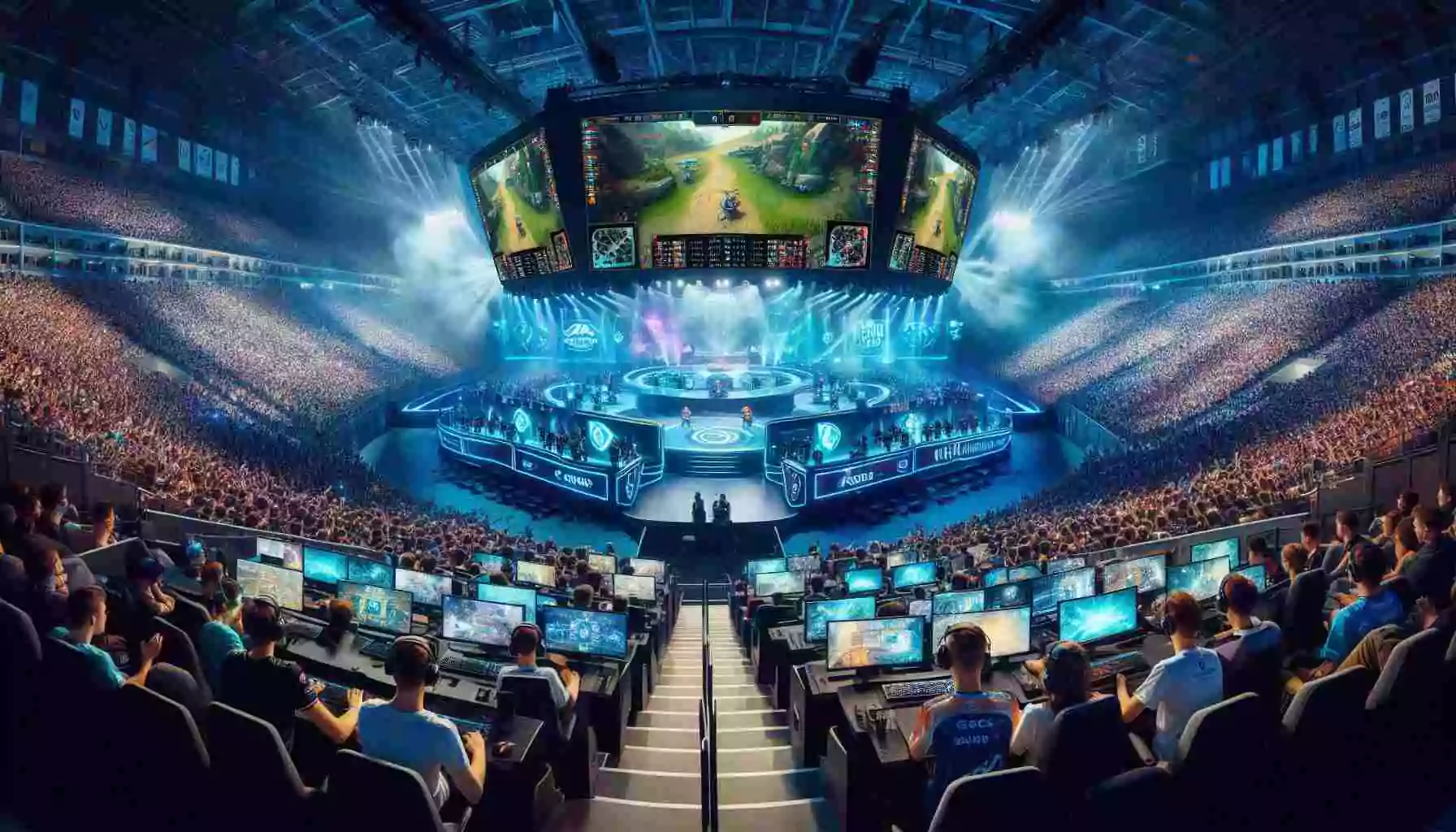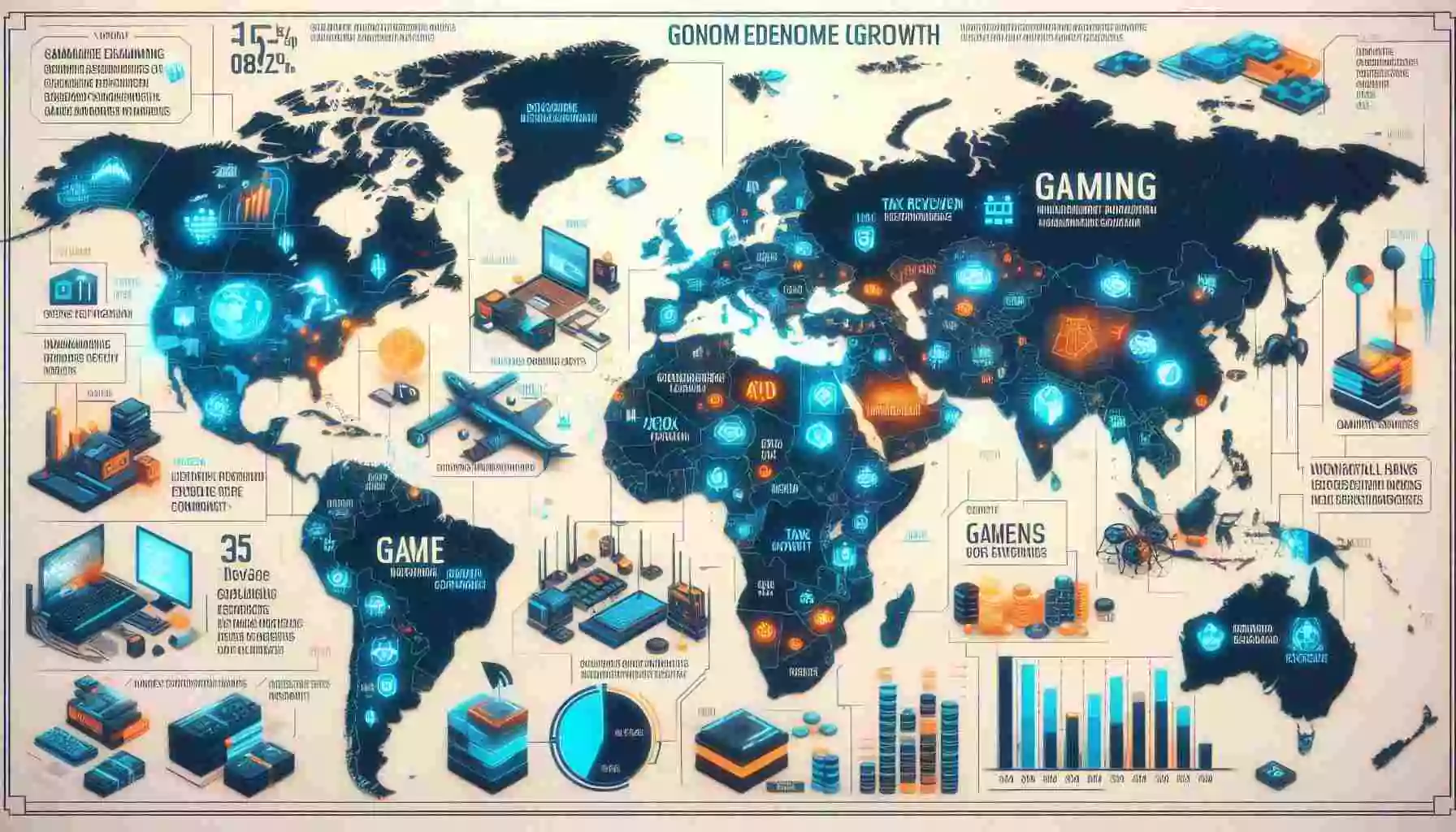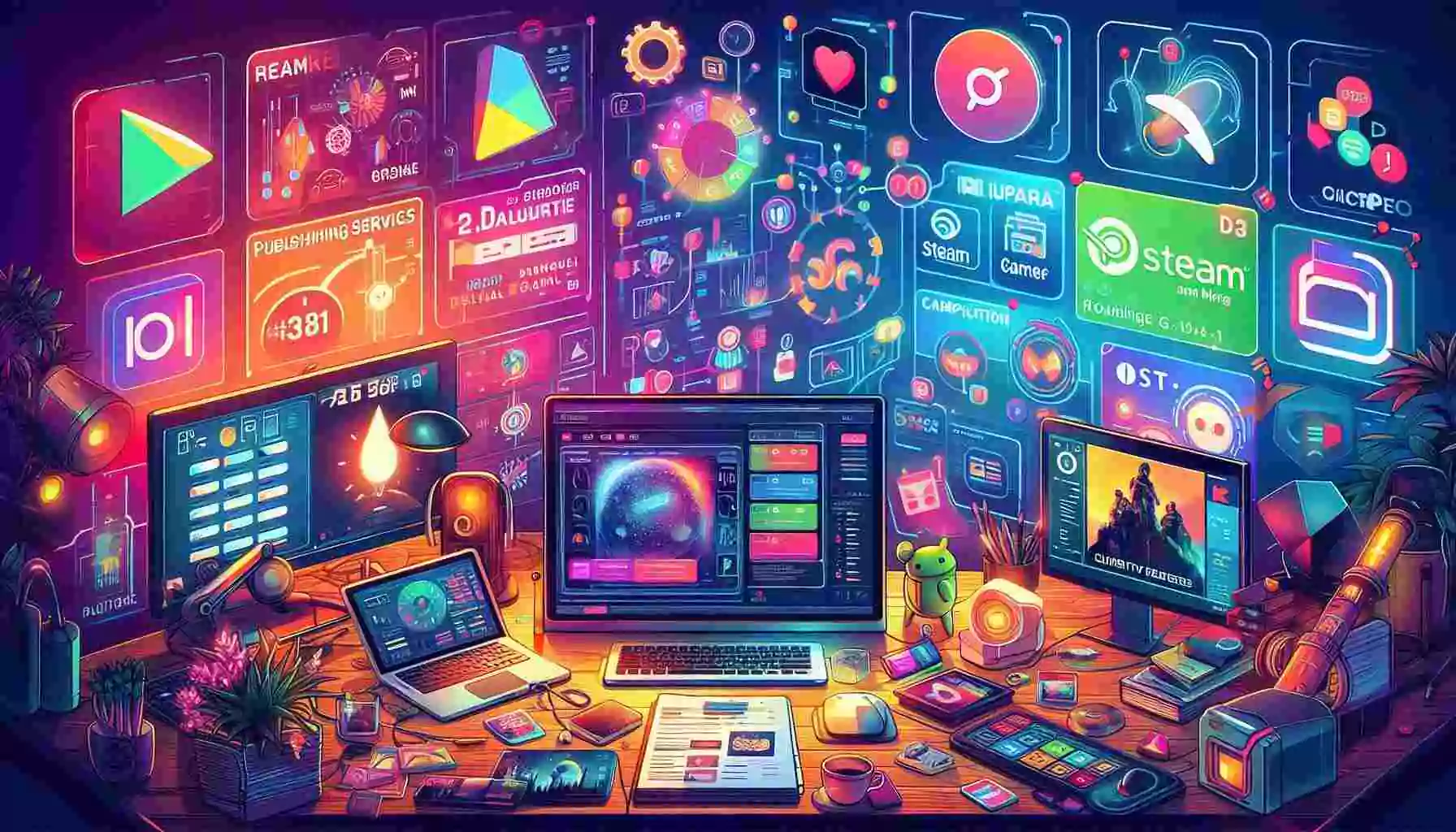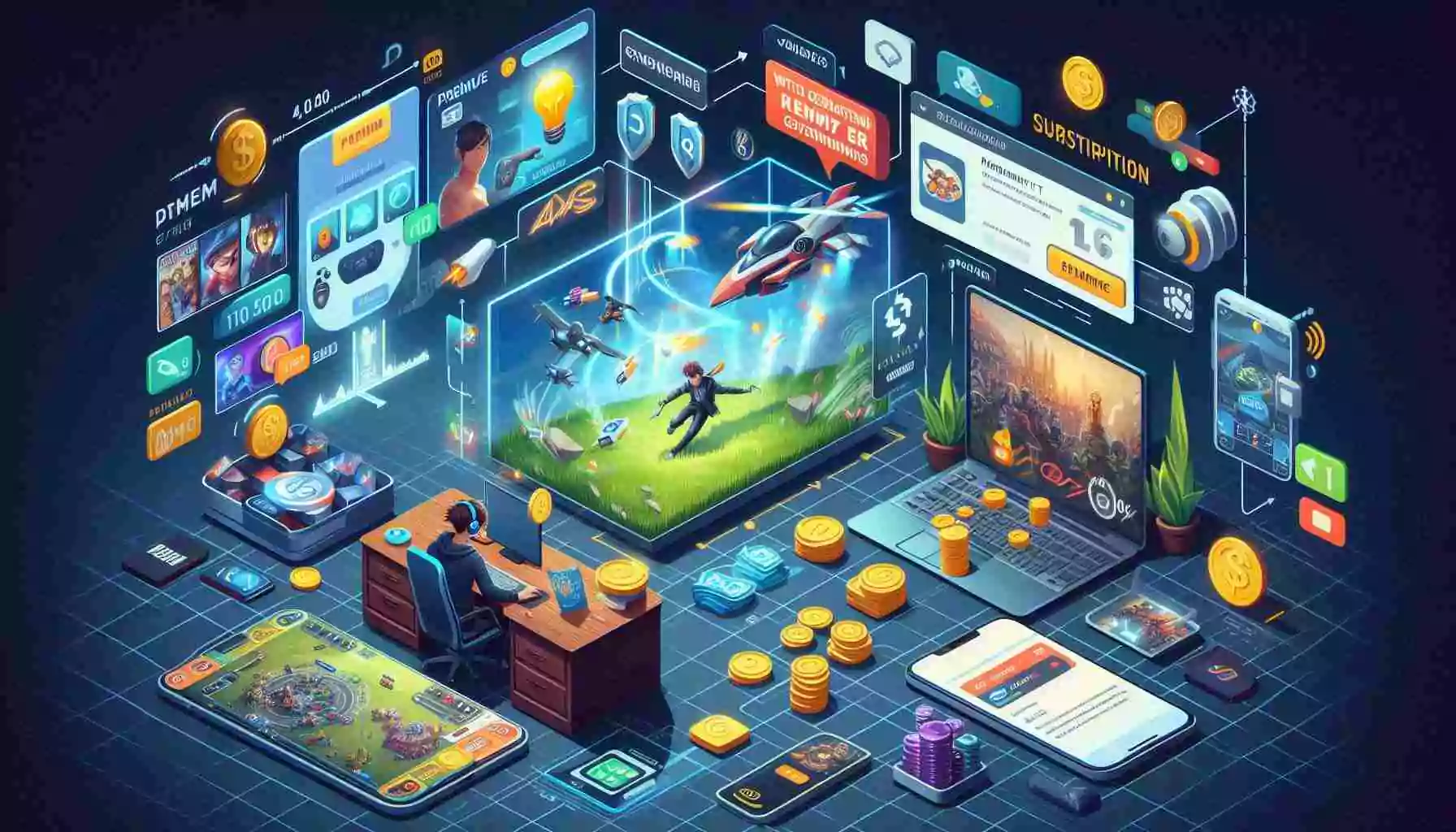The gaming industry offers various opportunities for earning money, both for game developers and players. Here's an extensive look at different ways to generate income from games:
For Game Developers and Companies:
1. Game Sales
- Selling games directly to consumers through digital or physical distribution
- Revenue depends on pricing strategy, platform fees, and sales volume
2. In-App Purchases (IAP)
- Offering virtual items, currency, or features for purchase within free-to-play games
- Common in mobile games and some PC/console titles
3. Subscription Models
- Charging recurring fees for access to a game or additional content
- Popular in MMORPGs and some service-based games
4. Downloadable Content (DLC)
- Selling additional content for a base game
- Can include new levels, characters, story expansions, or cosmetic items
5. Season Passes
- Selling access to multiple future DLC releases at a discounted price
- Encourages long-term engagement and provides upfront revenue
6. Advertising
- Implementing in-game ads, particularly in mobile and free-to-play games
- Can include banner ads, interstitial ads, or rewarded video ads
7. Sponsorships and Product Placement
- Partnering with brands to include their products or logos in games
- Can provide significant revenue for popular games
8. Crowdfunding
- Raising funds from potential players before or during development
- Platforms like Kickstarter and Fig are popular for indie game projects
9. Early Access
- Selling unfinished versions of games to players
- Provides funding during development and helps gather player feedback
10. Licensing and Merchandising
- Selling rights to use game characters, worlds, or brands in other media or products
- Can include toys, clothing, books, and other merchandise
11. Game Engines and Middleware
- Developing and licensing game development tools to other creators
- Examples include Unity and Unreal Engine
12. Work-for-Hire
- Developing games or assets for other companies
- Common for smaller studios working with larger publishers
13. Esports and Competitive Gaming
- Organizing tournaments and leagues around competitive games
- Revenue from ticket sales, broadcasting rights, and sponsorships
14. Cloud Gaming Services
- Offering games through cloud streaming platforms
- Examples include Google Stadia and NVIDIA GeForce Now
For Players and Content Creators:
1. Professional Gaming
- Competing in esports tournaments and leagues
- Earning prize money, salaries from teams, and sponsorships
2. Game Streaming
- Broadcasting gameplay on platforms like Twitch or YouTube
- Earning through subscriptions, donations, and ad revenue
3. YouTube Content Creation
- Creating game-related videos (reviews, tutorials, let's plays)
- Monetizing through ad revenue, sponsorships, and merchandise
4. Game Testing
- Working as a quality assurance tester for game companies
- Helping identify and report bugs before game releases
5. Game Journalism and Critics
- Writing reviews, news, and features for gaming publications
- Can include freelance work or full-time positions
6. Coaching and Tutoring
- Teaching other players to improve their skills in specific games
- Popular for competitive games like MOBAs and fighting games
7. Speedrunning
- Completing games as quickly as possible and streaming attempts
- Can earn through donations, sponsorships, and event appearances
8. Modding
- Creating modifications for existing games
- Some modders transition to professional game development or earn through donations
9. Virtual Item Trading
- Buying and selling in-game items in games with player-driven economies
- Popular in MMOs and games with rare cosmetic items
10. Gold Farming
- Accumulating in-game currency or items to sell to other players
- Controversial and often against game terms of service
11. Game Boosting
- Playing on others' accounts to improve their rankings or achieve in-game goals
- Also controversial and often against game rules
12. Game Art and Asset Creation
- Creating and selling game-related art or assets
- Can include commissions, stock assets, or in-game item designs
13. Game Music and Sound Design
- Composing music or creating sound effects for games
- Can work freelance or for game development studios
14. Voice Acting
- Providing voice-overs for game characters
- Requires acting skills and often studio recording equipment
15. Game Translation and Localization
- Translating game content into different languages
- Important for games targeting international markets
16. Game Script Writing
- Creating stories, dialogues, and narrative content for games
- Can work freelance or as part of a development team
17. Game Design Consulting
- Offering expertise to help improve game design and mechanics
- Often done by experienced designers or successful indie developers
18. Game Server Hosting
- Providing servers for multiplayer games
- Popular for games that allow player-run servers
19. Virtual Reality (VR) Experience Design
- Creating VR games or experiences
- A growing field with the increasing popularity of VR technology
20. Game-Related Podcasting
- Creating audio content about games, industry news, or specific titles
- Can be monetized through sponsorships and listener support
How Many Ways for Earning in Games
There are numerous ways to earn money within games themselves, often referred to as 'play-to-earn' models. These methods have become increasingly popular, especially with the rise of blockchain games and virtual economies. Here's an extensive list of ways players can earn in games:
1. In-Game Currency Farming
- Accumulating virtual currency through gameplay
- Can often be exchanged for real money in some games
2. Item Drops and Loot
- Obtaining rare or valuable items through gameplay
- Selling these items to other players for in-game or real currency
3. Crafting and Trading
- Creating valuable items in-game and selling them to other players
- Popular in MMORPGs and survival games
4. Player-to-Player Markets
- Buying low and selling high in player-driven economies
- Requires understanding of market trends and game mechanics
5. Completing Quests or Missions
- Earning rewards for completing specific tasks or storylines
- Some games offer real-world rewards for in-game achievements
6. Competitive Play and Tournaments
- Participating in in-game competitions with cash prizes
- Common in esports titles and some mobile games
7. Streaming In-Game Content
- Broadcasting gameplay on platforms that allow direct tipping or donations
- Some games have built-in streaming features with monetization options
8. Creating and Selling In-Game Content
- Designing custom items, skins, or levels in games that support user-generated content
- Earning a share of sales when other players purchase the content
9. Renting or Lending In-Game Assets
- Allowing other players to use valuable in-game items for a fee
- Common in blockchain games with NFT-based assets
10. Staking and Yield Farming
- Locking up in-game tokens or assets to earn interest or rewards
- Primarily found in blockchain-based games
11. Affiliate or Referral Programs
- Earning rewards for bringing new players into the game
- Can include in-game bonuses or real-money commissions
12. Boosting Services
- Helping other players achieve specific goals or ranks for a fee
- Often against game rules and can risk account bans
13. Account Leveling
- Building up game accounts to sell to other players
- Also often against terms of service in many games
14. Virtual Real Estate
- Buying, developing, and selling virtual land or property in game worlds
- Popular in sandbox and virtual world games
15. In-Game Advertising
- Displaying advertisements on virtual billboards or properties owned by players
- Found in some simulation and virtual world games
16. Teaching and Coaching
- Offering paid lessons or coaching sessions within the game environment
- Common in complex strategy games or MMORPGs
17. Running In-Game Businesses
- Managing virtual shops, services, or events that generate in-game income
- Can sometimes be converted to real-world value
18. Participating in Research or Surveys
- Some games partner with research institutions to offer rewards for player participation
- Can involve gameplay analysis or in-game surveys
19. Bug Bounties
- Reporting bugs or exploits to developers for rewards
- Some games offer in-game or real-world compensation for helping improve the game
20. Content Creation Within Games
- Creating videos, guides, or other content using in-game tools
- Monetizing through built-in creator programs or external platforms
21. Virtual Performances
- Hosting in-game concerts, shows, or events for paying audiences
- Becoming more common in metaverse-style games
22. Gambling and Betting
- Participating in in-game casinos or betting on game outcomes
- Highly regulated and not available in all regions or games
23. Auctioning Rare Items or Accounts
- Selling extremely rare or unique in-game items through auction systems
- Can include legacy accounts or discontinued items
24. Participating in Game Testing
- Playing early versions of games or new features for rewards
- Often includes both in-game compensation and sometimes real money
25. Solving In-Game Puzzles or Challenges
- Some games offer real-world prizes for solving complex in-game puzzles
- Can be one-time events or ongoing challenges
26. Managing In-Game Teams or Guilds
- Leading successful teams that earn rewards from gameplay
- Distributing earnings among team members
27. Arbitrage Between Game Economies
- Taking advantage of price differences between different servers or game versions
- Requires deep understanding of game economies and quick decision-making
28. Participating in Governance
- Some blockchain games allow token holders to vote on game development and earn rewards
- Encourages long-term investment in the game's ecosystem
29. Creating Mods or Add-ons
- Developing modifications that enhance gameplay
- Some games have marketplaces where mod creators can sell their work
30. In-Game Photography or Journalism
- Capturing and selling unique in-game moments or reporting on in-game events
- Found in highly detailed or dynamic game worlds
These methods of earning within games highlight the evolving nature of gaming economies and the increasing intersection between virtual and real-world value. However, it's important to note that not all of these methods are available or permitted in every game, and some may exist in legal or ethical gray areas. Players should always be aware of the terms of service for the games they play and the legal implications of converting in-game assets to real-world value.







